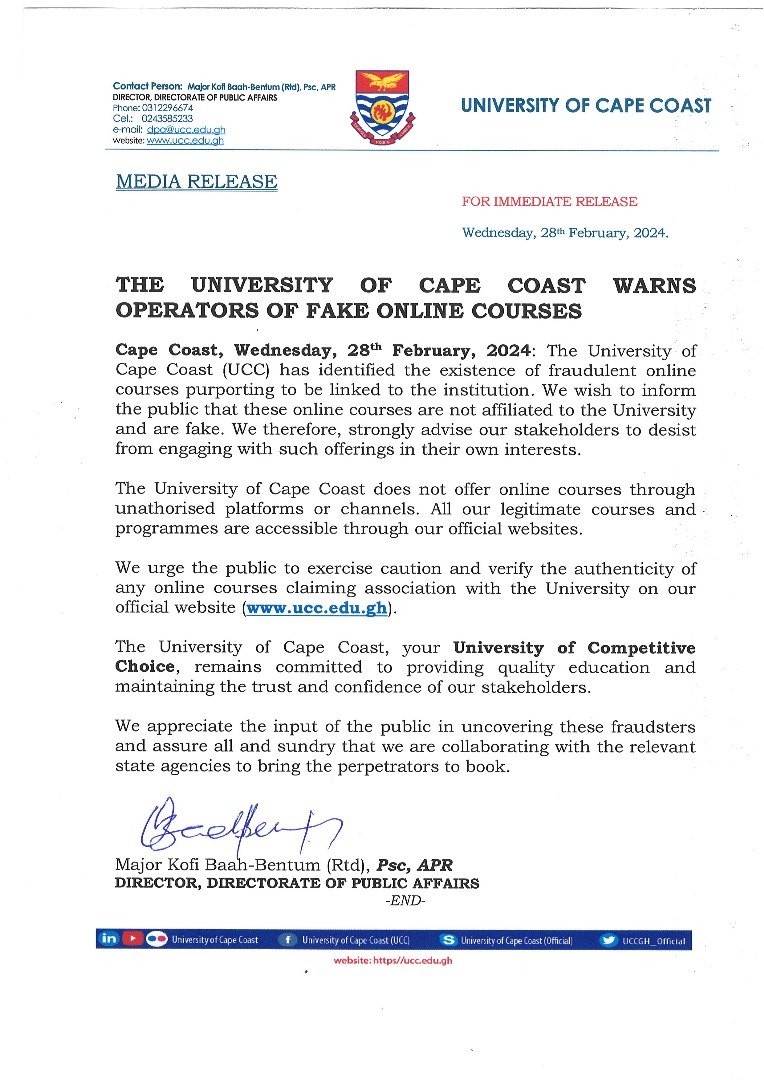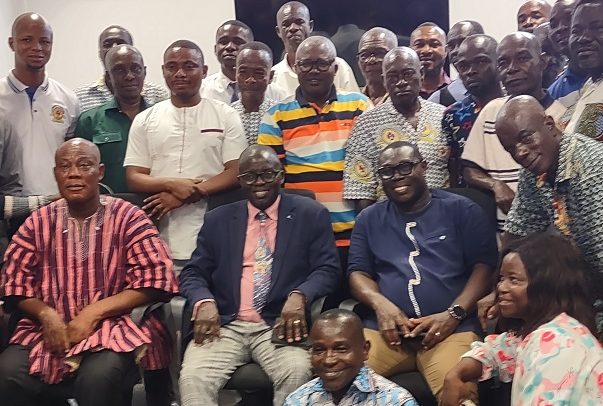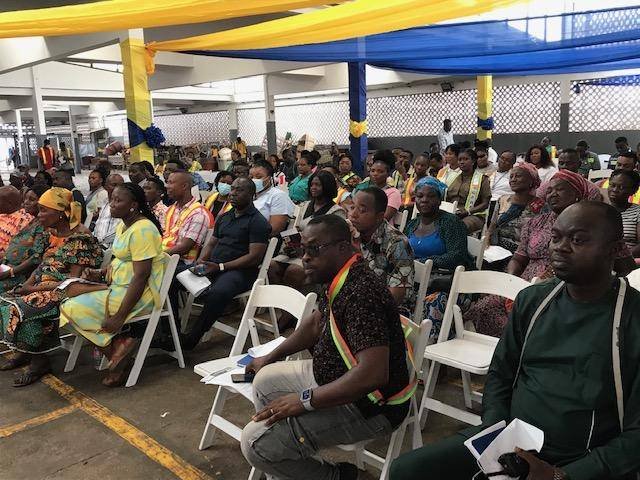
The Ministry of Health has cautioned the public against the use of counterfeit drugs on the market.
The Director of Pharmaceutical Services at the Ministry, Ms Martha Gyansa-Lutterodt warned the public at the launch of a new study funded by the European Union (EU) on Enhancing Africa's Response to Transnational Organised Crime (ENACT) in Accra yesterday.
She indicated that antibiotics, anti-malaria drugs, tramadol and codeine contained substances were the most counterfeited in the country.
Launching the new study, "The Rise of Counterfeit Pharmaceuticals in Africa", the director said the sector minister together with the Attorney-General had promulgated the Public Health Act 167 and 168 to ban codeine-contained substances and also restrict the use of tramadol in the country.
Ms Gyansa-Lutterodt noted that it was difficult to identify fake drugs on the market and urged the public to be vigilant.
"Don't buy medicine from roving cars, market stores, medicines are not ordinary articles of comma's and so if you want to buy your medications go to your nearest pharmacies or chemical shops to get your medicines," she warned.
She said the regulator had intensified market surveillance and was ready to prosecute offenders as it was a criminal act to trade in fake drugs.
Mr Robin Cartwright, the lead author of the study and a senior fellow at the Global Initiative Against Transnational Organised Crime, presenting the findings, indicated that a 2013 report from the European Union ranked Ghana as the sixth producer of fake drugs in the world.
He noted that the illegal trade in counterfeit medicine was a highly lucrative criminal economy estimated to worth between US$200 billion and US$400 billion annually.
This, he said, weakened the efforts of the government, drug companies and civil society to improve access to quality medication.
"If the continent is to make headway in achieving Sustainable Development Goal 3 aimed at ensuring healthy lives and promote wellbeing then the issue of counterfeit medicines must move higher up on the policy agendas," he said.
Mr Cartwright advised that to counter the menace the regulator must enforce laws on the trade of substandard drugs, regulate the supply chain, create awareness on the purchase of fake medicines and adopt technology by serialising drugs.
Read Full Story














Facebook
Twitter
Pinterest
Instagram
Google+
YouTube
LinkedIn
RSS